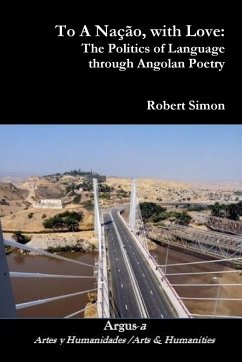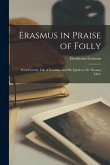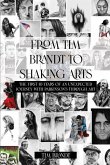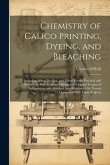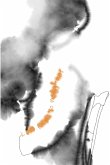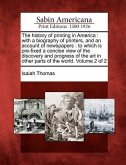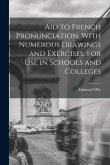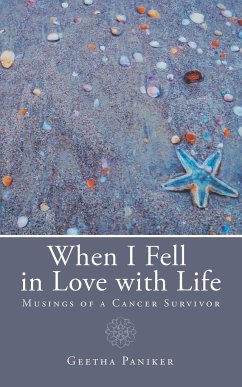This book serves as a study of poets' reflections on the use of the Portuguese language as a tool for the nation building project of Angola during and after the war of independence. The writers studied fall into two categories: those of a first phase, in the context of the war of independence, during which time poets often focused on linguistic unity as a reflection of the nation's plurality through the inscribing of notions of singular identity simultaneous to the incorporation of elements of linguistic plurality; and those of the second phase, within the context of the post-war and ensuing civil strife which, if taken as a more or less continuous Civil War, lasted from 1975 to 2002, and during which writers would use techniques seen in many postmodern poets to deconstruct the utopian discourse of poets from the previous generation.The essay elucidates existing arguments regarding political and social movement as well as to less-recognized arguments regarding literary evolution in Angola during this period.
Hinweis: Dieser Artikel kann nur an eine deutsche Lieferadresse ausgeliefert werden.
Hinweis: Dieser Artikel kann nur an eine deutsche Lieferadresse ausgeliefert werden.

